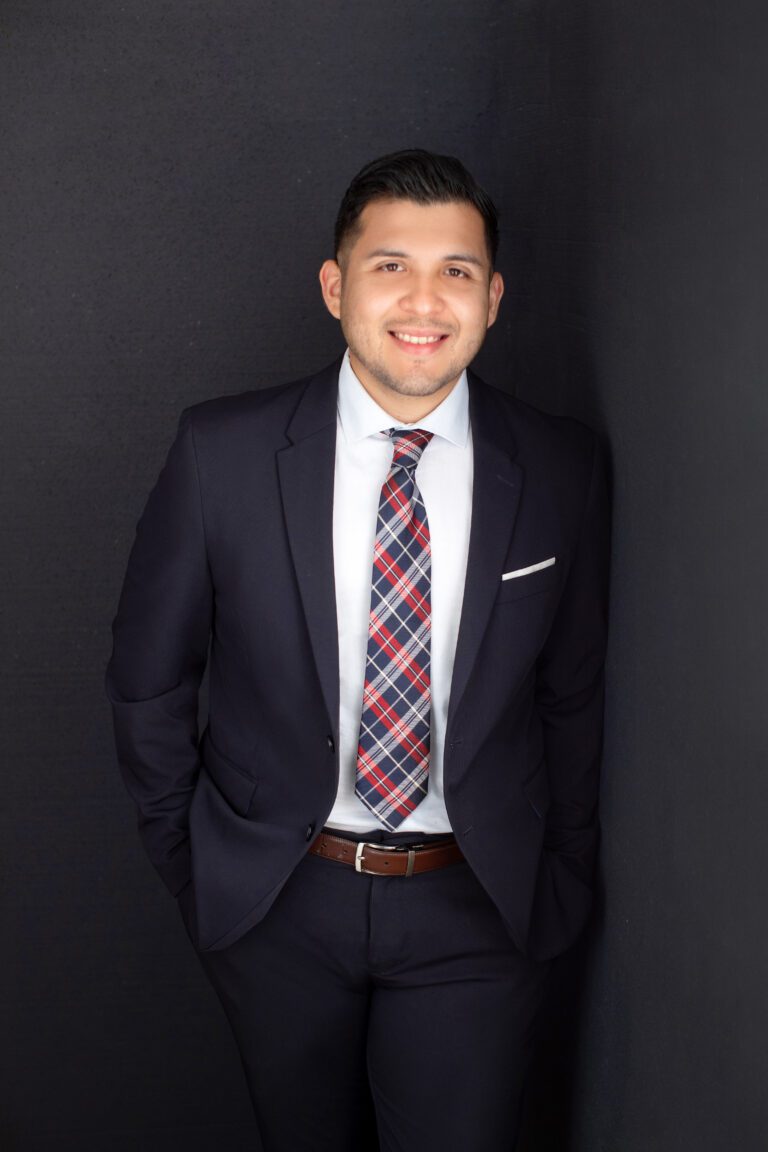Civil Engineer
One Venezuelan civil engineer has spent nearly three decades advancing sustainable construction practices. Through innovative methods, he has shown how the built environment, homes, offices, and infrastructure, can reduce emissions. These same strategies also extend lifecycles and strengthen the communities where we live and work. His expertise advances global climate goals and has recently earned him approval for an EB-2 National Interest Waiver (NIW).
On September 1, 2025, U.S. Citizenship and Immigration Services (USCIS) approved the client’s EB-2 National Interest Waiver petition. Colombo & Hurd led the case: Attorney Bryan Hidalgo filed the petition, and Attorney Jason Qiu directed the Request for Evidence (RFE) response.

Driving Change in Construction Through Sustainability

Passion for sustainability has guided a civil engineer’s decades-long career in transforming construction practices. With a bachelor’s degree in civil engineering and advanced studies in sustainable construction, he has strong academic preparation. He focuses on creating buildings that are efficient, resilient, and environmentally responsible.
Dedicated to reducing greenhouse gas emissions and limiting environmental impact, he uses advanced strategies in design and project management. His approach integrates renewable energy, water conservation, and waste reduction. These methods cut long-term costs and extend the life cycle of buildings. They also help communities stay resilient against climate and infrastructure challenges.
His leadership helps advance community well-being. Through widely read publications and expert presentations, he shares practical solutions that inspire other professionals and support the global transition to more favorable construction practices.
Turning to this particular case, Senior Attorney Mr. Hidalgo highlighted what sets the client apart. He praised “the way he translates theory into job-site practice, integrating energy modeling, lifecycle assessment, water conservation, and construction waste controls into schedules and budgets U.S. developers can adopt.”
According to him, these methods “show measurable reductions in utility spending and material use while improving resilience.” They demonstrate how the client’s expertise applies directly to U.S. construction practices and sustainability goals.
The RFE: Can Sustainable Construction Shape U.S. Priorities?
Despite nearly three decades of advancing sustainable construction, the petition received a Request for Evidence (RFE) questioning two key points. USCIS sought clearer proof that the work aligns with U.S. climate and clean-energy priorities, not just in vision but in measurable outcomes such as job creation, cost savings, and benefits for local communities. The agency also challenged whether his international expertise brought a unique advantage beyond what is available in the U.S. labor market.
Senior Attorney Mr. Hidalgo explained that RFEs in this field often look for “a tighter nexus between the proposed work and U.S. priorities, with concrete outcomes rather than aspirational language.” They also test whether the petitioner offers “a differentiated capability beyond what the domestic labor market already supplies.” In other words, USCIS wants measurable impact, clear adoption pathways, and proof that the petitioner can deliver those results in the United States.
Connecting Expertise to Outcomes: A Stronger Case for Sustainability
Attorney Jason Qiu turned the challenge into an opportunity to refine the client’s story. The response showed how his project would give U.S. developers and contractors practical tools to build cleaner, more efficient structures.
First, the client’s endeavor and its impact had to be crystal clear. The legal team presented a clear picture of results, showing how solar-powered buildings could lower emissions, families could reduce electricity bills, and developers could cut costs with efficient retrofits. By linking expertise to measurable outcomes, the petition became a roadmap for meaningful change.
Additionally, they grounded this narrative in federal data. Reports from the EPA and GAO reveal that buildings consume 40% of U.S. energy and generate massive amounts of waste. The client’s solutions, green design, energy audits, and lifecycle assessments, directly addressed these urgent national challenges.
Moreover, the attorneys highlighted how the project aligned with U.S. priorities. His methods supported national initiatives such as the Buy Clean program and the GSA’s sustainability efforts, ensuring that his work not only advanced innovation but also reinforced federal sustainability goals across the construction industry.
Independent validation further strengthened the case. “Independent letters detailed how specific methods were adopted in practice and what quantifiable results followed, rather than offering generic praise,” added Mr. Hidalgo. Expert analysis projected thousands of jobs created, millions in revenue generated, and measurable reductions in emissions, energy use, and water consumption.
By weaving together government reports, independent projections, and a practical business plan, the response transformed the RFE into a compelling story of national importance.
See if you qualify
Get your free EB-2 NIW visa profile evaluation today.
From Challenge to Approval: Building a Better Future
On September 1, 2025, USCIS approved the client’s EB-2 NIW petition, confirming that his innovative approach to sustainable construction carries both substantial merit and national importance.
For our client, the approval recognized three decades of experience in sustainable construction and created the opportunity to expand his work in the U.S. With this new chapter, he can help American builders adopt energy-efficient designs that lower long-term costs. He will also address carbon emissions, waste, and energy poverty, while sharing knowledge through consulting, research, and training to strengthen the U.S. green economy.
Mr. Hidalgo called the approval “a reflection of enduring American priorities that go beyond the political debate over climate.” He explained that “using less energy to achieve more, strengthening domestic production, and making buildings more efficient and reliable directly supports U.S. energy independence.”
He further noted that “better design reduces peak demand on the grid, lowers operating costs for families and businesses, and creates healthier, safer communities.”
Interested in finding out if an EB-2 NIW could support your goals? Start with a free evaluation here.
“This approval reflects enduring American priorities that go beyond the political debate over climate. Using less energy to achieve more, strengthening domestic production, and making buildings more efficient and reliable are goals that directly support U.S. energy independence. Better design reduces peak demand on the grid, lowers operating costs for families and businesses, and creates healthier and safer communities. These are practical improvements that reach households, developers, utilities, and public budgets.”

